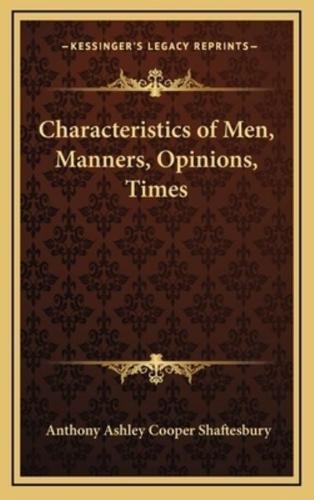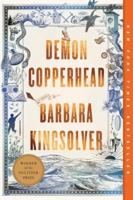Publisher's Synopsis
""Characteristics of Men, Manners, Opinions, Times"" is a philosophical treatise by Anthony Ashley-Cooper, the 3rd Earl of Shaftesbury. Originally published in 1711, the book is divided into three parts, each exploring different aspects of human nature and society. In the first part, Shaftesbury discusses the nature of man and his relationship to the world around him. He argues that humans are naturally inclined towards virtue and goodness, and that society should be structured in a way that encourages and rewards these qualities. In the second part, Shaftesbury examines the manners and customs of society, focusing on the importance of politeness and civility in social interactions. He also critiques the excesses of fashion and luxury, which he sees as corrupting influences on society. Finally, in the third part, Shaftesbury considers the role of religion and morality in society. He argues that true religion should be based on reason and natural law, rather than blind faith, and that morality should be grounded in a sense of benevolence and compassion towards others. Throughout the book, Shaftesbury emphasizes the importance of balance and moderation in all aspects of life, and advocates for a society that values individual freedom and autonomy while also promoting the common good. ""Characteristics of Men, Manners, Opinions, Times"" is considered a seminal work in the history of moral philosophy and has had a significant influence on subsequent thinkers in the field.1711. Two Volumes in One. A collection of treatises from the English statesman. Contents Volume One: A Letter concerning Enthusiasm to My Lord; Sensu Communis; an Essay on the Freedom of Wit and Humor; Soliloquy or, Advice to an Author; An Inquiry Concerning Virtue or Merit. Contents Volume Two: The Moralists, a Philosophical Rhapsody; and Miscellaneous Reflections on the Preceding Treatises, etc. See other titles by this author available from Kessinger Publishing.This scarce antiquarian book is a facsimile reprint of the old original and may contain some imperfections such as library marks and notations. Because we believe this work is culturally important, we have made it available as part of our commitment for protecting, preserving, and promoting the world's literature in affordable, high quality, modern editions, that are true to their original work.










